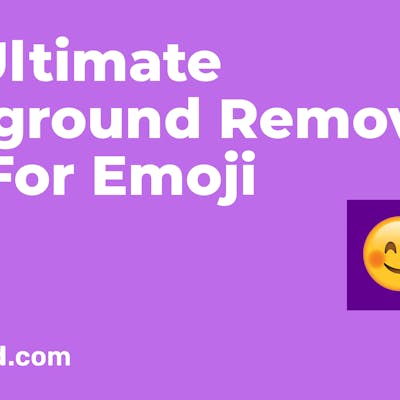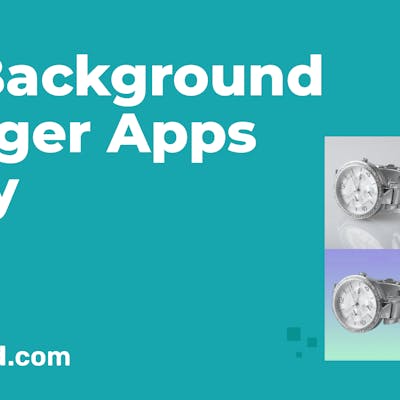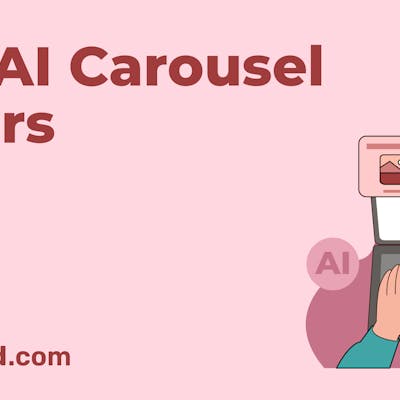Digital design is a term that describes the creation of visual work for digital platforms. Digital design can contain text, graphics, and sound all at once but is most often thought of as the combination of these elements in a way that makes sense. The way it looks, feels, and works together. Digital design comprises different elements, and one of these elements is Typography.
What is Typography?
The typography in design refers to text. Text influences our lives every day, from banners to Instagram posts to chalkboards. In digital design, typography is the practice of making type more readable and visually appealing. It comes with typography principles that one should be aware of.
Think of typography as creating and organizing letters or alphabets as if the type itself were the design in charge of successfully and clearly expressing your thoughts.
Choosing fonts, modifying point size, line length, line spacing (leading), letter-spacing (tracking), and adjusting the space between letter pairs are all part of the type arrangement process (kerning). So why should we use typography in our designs? How are we going to incorporate typography principles into our designs?
Related: 10 Best Kinetic Typography Examples
Importance of Typography in Design
There are 3 reasons why we should use typography in our designs. Below are these three reasons.
- Brings Your Text to Life – Masterfully crafted typography can convey feelings of joy, grief, or amazement much the way a good photograph might. The structure, appearance, color, and style of type are all aspects of typography—adding visual appeal to your digital design while also improving the impact and legibility of your message.
- Builds Brand Recognition – Inextricably linked to the emotional response type can elicit. It is an understated marketing approach that can boost brand engagement by subconsciously building visual associations in the brains of your target audience. Your digital design has personality because of typography, which can communicate your brand’s message better than image-based design. Typography may give your brand a unique, effective, and distinguishing character, especially in online business contexts.
- Grabs and Holds Attention – Typography makes you stop scrolling and pay attention to the content, as shown above. Recent studies reveal that in the age of modern media and technology, customers’ attention spans have shrunk to 8 seconds. Visual text produces a longer-lasting impact by utilizing negative space and focusing on legibility.
Related: Your Simplified Guide To A Minimalist Web Design
The Dos and Don’ts of Typography in Design
Typography requires practice and varies in skill level. Before building your masterpiece, study this list of DOs and DON’Ts of Typography or also known as Typography Principles.
Dos
- Research industry typefaces and color palettes – This helps you keep up with trends and respond to your industry’s or brand’s context and time.
- Line and letter spacing matter – Too near or too far apart letters will damage your message. When considering spacing, consider both purpose and appearance.
- Improve readability by contrasting typography and background design – High contrast guarantees that the typeface’s integrity is not compromised when adapting excellent typography to digital design.
Donts
- Overuse fonts and colors on your artboard – Too many typefaces and colors will clutter your design when simple, solid pieces would do. Always remember, less is more.
- The brand must identify with something unique and authentic – Replicating a brand’s design isn’t flattery; it might be copyright infringement. Be patient with your design process and try to produce an original digital design.
- Always center the text – This produces negative space around the edges, distracting from the content. Aligning the text helps organize and order artboard pieces, so your viewers won’t be confused by superfluous indentation.
If you still find it hard to create a good-looking design, you can head over to Simplified for free templates. These templates already adhere to the typography principles and will give you an idea of where the text should go and what is the best typography to use. Below are a few templates that you may see on Simplified.

Image Source

Image Source

Image Source:

Image Source

Image Source
The Takeaway
Typography is a graphic designer’s most important tool for brand identification or campaign marketing. It includes typeface, spacing, color palette, and fonts to make a decent design look amazing.
Great typography takes more than just picking a font and slapping it on a page. It involves typography principles to create an effective style that balances hierarchy, legibility, and readability.
Simplified has made it simple for you to create your own design by providing templates. Additionally, they offer free custom fonts and designing services for those who want to create a custom design.



![10 Best AI Image Restoration Tools to Try in 2025 [Free & Paid] 10 Best AI Image Restoration Tools to Try in 2025 [Free & Paid]](https://siteimages.simplified.com/blog/Best-AI-Image-Restoration-Tools-01.png?auto=compress&fit=crop&fm=png&h=400&w=400)
![How to Use Photoshop AI Generative Fill Feature [2025] How to Use Photoshop AI Generative Fill Feature [2025]](https://siteimages.simplified.com/blog/How-to-Use-Photoshop-AI-Generative-Fill-01-1.png?auto=compress&fit=crop&fm=png&h=400&w=400)
![20 Podcast Thumbnail Ideas to Boost Your Show’s Visual Appeal + Best Practices [2025] 20 Podcast Thumbnail Ideas to Boost Your Show’s Visual Appeal + Best Practices [2025]](https://siteimages.simplified.com/blog/Podcast-Thumbnail-Ideas-to-Boost-Your-Show-02-1.png?auto=compress&fit=crop&fm=png&h=400&w=400)




